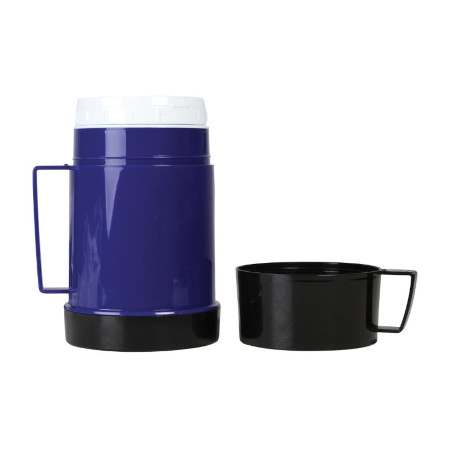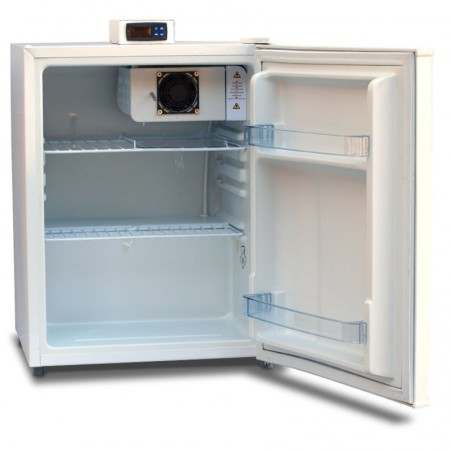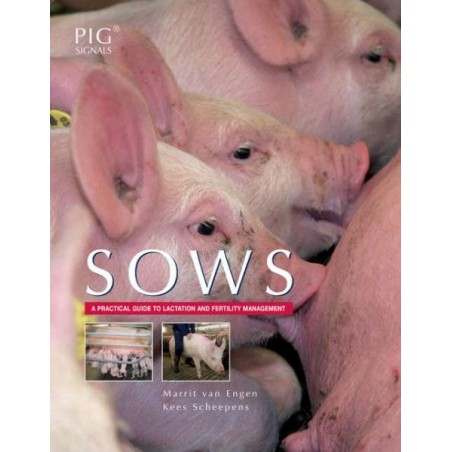Frozen-thawed boar sperm (FTS) has reduced fertility compared to liquid semen. Exogenous prostaglandin administered at insemination has been reported to improve cases of low fertility. This experiment tested the effect of number of FTS and addition of prostaglandin (PGF2α) on fertility. The experiment was performed in replicates using weaned sows (n = 24) and synchronized gilts (n = 94). All females were induced into estrus using serum gonadotropin and chorionic gonadotropin at weaning or following estrus synchronization. At estrus, females received 0.5, 1.0, or 2 billion motile FTS (n = 9 boars) with 0 or 5 mg of PGF2α added into each AI dose at insemination. Inseminations occurred at 24 and 36 h after onset of estrus and ovulation was monitored by ultrasound. Pregnancy and litter size were determined for sows at farrowing and d 50 of gestation for gilts at slaughter.
There was no effect of PGF2α and no interaction with dose of FTS or parity on fertility (P > 0.10). Pregnancy rate was affected by FTS dose (P < 0.001) with 2.0 × 109 (76.3%) greater than 0.5 × 109 (46.2%) and 1.0 × 109 sperm (48.8 ± 8.0%). Pregnancy rate was not affected by parity (P > 0.10) but was influenced by boar (P < 0.05). Number of fetuses was also affected by FTS dose (P < 0.001) with 2.0 × 109 (10.1) and 1.0 × 109 (9.4) producing more pigs than 0.5 × 109 sperm (6.9 ± 0.9). Litter size was also affected by parity (P = 0.001) and boar (P < 0.01).

These results indicate that AI using 2.0 × 109 FTS can result in acceptable pregnancy rates and litter sizes but with no measurable benefit for addition of prostaglandin.
Robert V. Knox, Brandon M. Yantis. The effect of numbers of frozen-thawed boar sperm and addition of prostaglandin F2α at insemination on fertility in pigs. Animal Reproduction Science. Volume 151, Issues 3–4, 30 December 2014, Pages 194–200.








